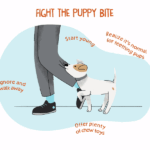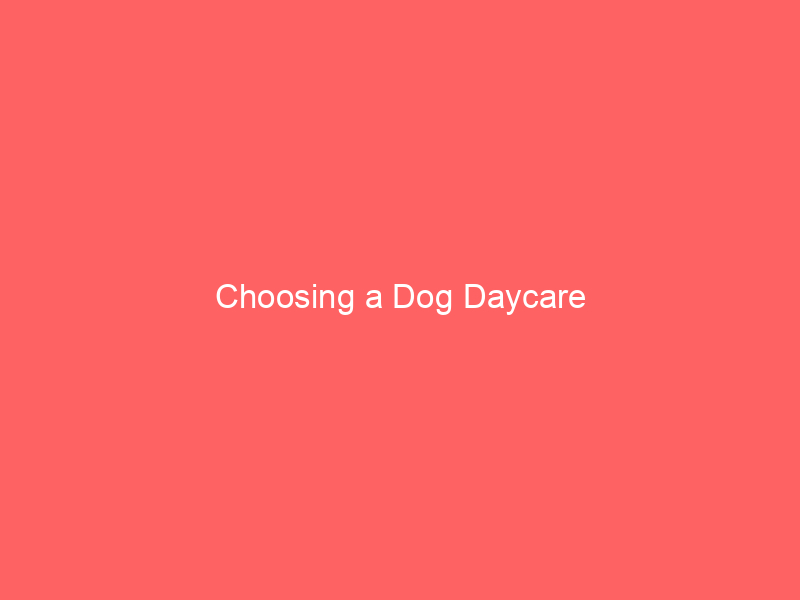
There are a few steps to follow if you want to get your puppy to stop biting. First, distract him with food and treats. Next, encourage non-contact play. Finally, use a taste deterrent. If you have any questions, be sure to consult a certified and professionally verified trainer.
Distract your puppy from chewing on your fingers and toes
It is normal for puppies to chew and gnaw on objects. However, there are ways to distract your puppy from chewing on your fingers and toes.
First, you should make sure your puppy is getting enough exercise and mental stimulation. Play time with other dogs can also help.
Next, you should provide him with a safe chew toy to play with. If he is particularly interested in his toy, try playing a game where you yell out “yes” or “good” when he releases it. This will help him learn that his chewy toy isn’t the object of his desire.
You can also use a yelp as a distraction. When your puppy bites your fingers, make a loud yelp. This is especially effective on a puppy that is learning social behavior.
You can also teach your dog to avoid mouthing by using a taste deterrent. Start by offering a treat to your dog. Afterwards, apply a taste deterrent to your pup’s gums. Wait for a reaction before applying the taste deterrent again.
Encourage noncontact forms of play
If your puppy bites you or your family members, you may want to stop the behavior by encouraging noncontact forms of play. However, if your dog is older and has already started to show signs of mouthing, you will need to have him examined by a veterinarian.
It is a good idea to use a leash to help prevent unwanted behaviors. This will also help you to control your dog during play. There are also other ways to teach your puppy to stop biting.
You can use a time out to teach your dog to stop. A time out can be as simple as leaving your dog in a room for a few minutes. Make sure the area is quiet and not too dark.
Toys and chew toys can be a great way to satisfy your dog’s oral needs. Chew toys can be especially helpful for puppies who are starting to teethe. Spraying your puppy’s feet with a bite deterrent spray can also help.
Use a taste deterrent
If your dog is chewing furniture, pillows or other household items, you may want to consider using a taste deterrent. These can be made from a mixture of alcohol and citrus oil.
Some of the most common taste deterrents include Veterinarian’s Best Bitter Cherry Spray and Grannick’s Bitter Apple. You can find a variety of other taste deterrents on the market, however, so it is best to try them out and find one that works for your dog.
The first step in training a puppy or dog is to associate the product with the smell. Once the dog gets used to the smell, apply the taste deterrent to a piece of tissue or cotton wool. When the dog bites, it should spit the deterrent out. This will train the dog to avoid biting objects that have the smell of the deterrent.
Dogs have a very sophisticated sense of smell. They are able to identify sweet, salty and sour. Taste deterrents exploit this knowledge and take advantage of the pet’s dislike of spicy and bitter flavors.
Consult an accredited and professionally verified trainer
One way to get your puppy to stop biting is to hire a certified professional trainer. This can be a veterinarian or a Certified Applied Animal Behaviorist. Getting a behavior specialist will help you understand the cause of the behavior and teach you how to correct it.
First, you must teach your puppy to be gentle when using his mouth. Do not allow your pet to mouth your hands or clothing. Instead, try giving your dog treats or toys to play with.
It is also important to train your puppy to use his mouth gently when playing with others. This is the best way to keep him from breaking skin and hurting people.
If your puppy bites hard during play, you should stop playing and give him a time out. The time out is usually administered every time his teeth touch your skin.
You should continue to do this until your dog has learned to use his mouth gently. When he is capable of playing with his hands and teeth with little or no pressure, you should resume your game.











